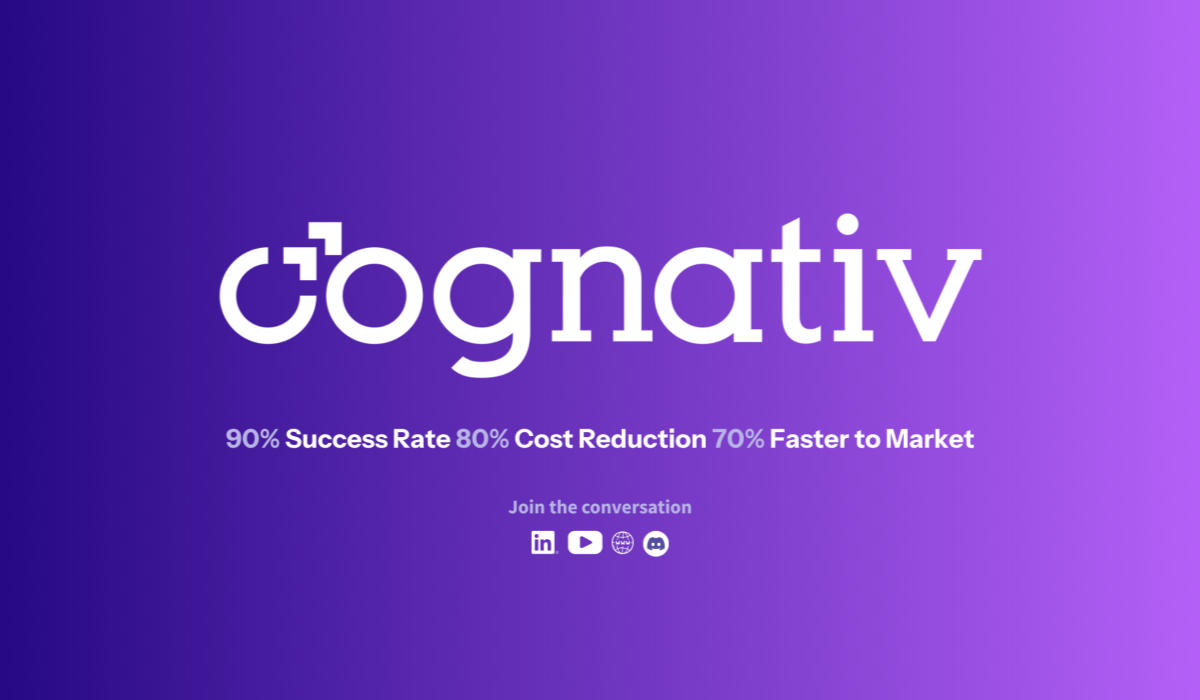Boosting Growth with Artificial Intelligence in Healthcare Revenue Cycle
Artificial intelligence in healthcare revenue cycle management (RCM) is rapidly reshaping how health systems and healthcare organizations optimize financial outcomes while improving patient satisfaction.
As healthcare executives grapple with rising implementation costs, payer denials, and operational inefficiencies, AI-driven solutions offer a strategic pathway to reduce errors, streamline claims processing, and enhance decision making.
This transformation is critical for revenue cycle leaders aiming to reduce slow cash flow and improve overall financial performance in an increasingly complex regulatory environment.
Key Takeaways
-
AI technologies such as machine learning, natural language processing, and robotic process automation are revolutionizing healthcare revenue cycle operations.
-
Implementing AI in healthcare RCM helps reduce claim denials, improve data integrity, and accelerate reimbursements.
-
Healthcare executives and revenue cycle leaders must balance AI adoption with human expertise to mitigate risks and ensure compliance.
-
AI-driven predictive analytics enable better revenue forecasting and resource allocation, addressing challenges like high deductible health plans and payment delays.
-
Strategic AI integration supports improved patient experience by enhancing price transparency and streamlining patient collections.

The Growing Role of AI in Healthcare Revenue Cycle Management
Healthcare revenue cycle management has traditionally relied on manual processes involving claims submissions, billing codes, clinical documentation, and denial management. These manual interventions contribute to lost revenue, claim errors, and slow cash flow. The increasing complexity of payer policies, patient insurance coverage, and regulatory requirements adds layers of difficulty for healthcare providers.
AI technologies, including machine learning algorithms and natural language processing, are now being integrated into RCM operations to automate repetitive tasks, such as claim scrubbing and prior authorization. Robotic process automation (RPA) complements these efforts by handling rule-based workflows, freeing staff to focus on higher-value activities.
By analyzing vast datasets, AI-driven solutions detect patterns in payer denials and patient payment behaviors. This allows healthcare organizations to proactively address denials and optimize patient collections, enhancing both financial outcomes and patient satisfaction.

Implications for Enterprise Adoption and Strategy
For healthcare executives, embracing AI in revenue cycle management is no longer optional but a strategic imperative. While implementation costs and integration challenges remain significant, the potential ROI from reduced denials and improved operational efficiency is compelling.
Successful AI adoption requires robust data governance frameworks to maintain data integrity and compliance with regulations such as HIPAA. Moreover, healthcare organizations must ensure that AI models are rigorously tested and that human expertise remains central to decision making to avoid overreliance on automated outputs.
Revenue cycle leaders should prioritize AI solutions that integrate seamlessly with existing systems and address key pain points like billing code accuracy, denial prevention, and patient account management. Predictive analytics tools can enhance revenue forecasting and resource allocation, enabling organizations to adapt to evolving payer policies and patient payment trends, including those driven by high deductible health plans.

Enhancing Financial and Operational Performance
AI-driven automation accelerates claims processing and improves accuracy in clinical documentation, reducing the frequency of claim errors that lead to denials. For example, some health systems have leveraged AI-powered bots to automate appeal letters and manage prior authorizations, resulting in measurable reductions in denied claims and faster reimbursements.
Natural language processing enables AI to interpret unstructured patient data and payer communications, improving denial management workflows. Machine learning models continuously learn from historical data to identify trends in claim denials and suggest corrective actions before submission.
By improving transparency around patient’s insurance coverage and streamlining payment plans, AI contributes to a better patient experience. This, in turn, supports improved patient satisfaction and reduces payment delays, which are increasingly common with the rise of high deductible health plans.

Navigating Risks and Implementation Barriers
Despite its promise, implementing AI in healthcare RCM comes with challenges. Integration costs can be prohibitive, especially for smaller providers with legacy systems. Data privacy and security concerns require stringent safeguards to protect sensitive patient information.
Healthcare organizations may face resistance from staff due to unfamiliarity with AI technologies or fear of job displacement. Ensuring transparent AI algorithms and maintaining human oversight are critical to building trust and ensuring ethical use.
Moreover, AI adoption must be accompanied by continuous monitoring to prevent bias in AI models and ensure equitable treatment across diverse patient populations.

The Evolving Landscape of AI in Healthcare Revenue Cycle
Looking ahead, AI technologies will become more sophisticated and accessible, expanding their role across all facets of healthcare revenue cycle management. Advances in predictive analytics and decision support will enable health systems to anticipate payer denials and optimize resource allocation proactively.
As AI adoption matures, healthcare executives will increasingly leverage AI-driven insights to enhance financial transparency, compliance, and patient engagement. The integration of AI with broader digital transformation initiatives will position organizations to thrive amid regulatory complexity and market pressures.

Conclusion
Artificial intelligence in healthcare revenue cycle management represents a transformative opportunity for healthcare organizations to improve financial outcomes, operational efficiency, and patient satisfaction. By strategically embracing AI technologies such as machine learning, revenue cycle leaders can reduce denials, accelerate reimbursements, and enhance decision making. Balancing AI adoption with human expertise and robust governance will be essential to navigating implementation costs, compliance risks, and workforce adaptation. As the healthcare landscape continues to evolve, proactive AI integration will be a key differentiator for health systems seeking sustainable growth and competitive advantage.
Stay ahead of AI and tech strategy. Subscribe to What Goes On: Cognativ’s Weekly Tech Digest for deeper insights and executive analysis.

